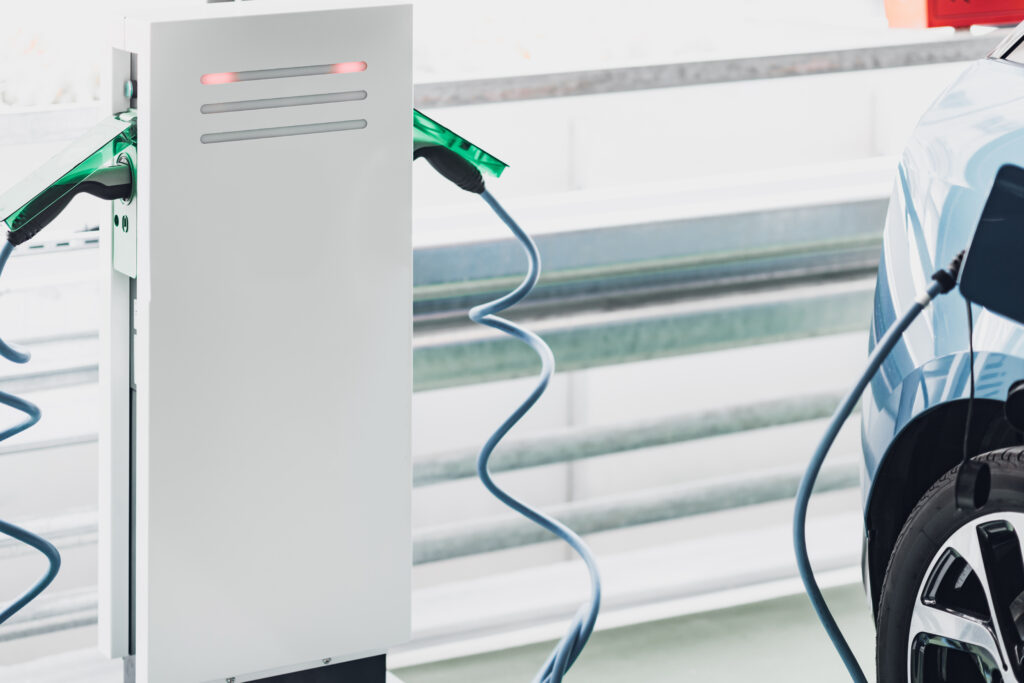
Is the Government doing enough to normalise electric driving?
We all know which way the UK is headed when it comes to fuelling vehicles. By 2030, there’ll be a ban on the sale of new diesel and petrol cars, and we’ll have no choice but to make the switch.
But right now, range anxiety and a shortage of means to charge an electric vehicle (EV) are stopping the majority of drivers and fleet managers from getting ahead of the ban and switching sooner.
So what exactly is the Government doing to extend the charging network and satisfy EV drivers’ need for power?
Will funding extensions widen chargepoint uptake?
For starters, the Department for Transport (DfT) has extended the Electric Vehicle Homecharge Scheme (EVHS) into the next financial year. The scheme currently funds up to £350 per charge point to homeowners, but will be offered to people living in rented accommodation next year too.
What’s more, the Workplace Charging Scheme (WCS) will also be rolled out to SMEs and the charity sector next year. It means that smaller, more rural businesses like B&Bs will soon benefit from the funds.
The changes to both schemes amount to a £50m boost towards the UK’s switch to electric, forming part of the Government’s “Green Industrial Revolution”.
New proposals to normalise EV charging
The Government has launched a consultation outlining proposals it believes could transform the face of charging for EVs. The DfT says it could bring EV charging to the same level as petrol and diesel fuelling.
The measures put forward in the consultation target “range anxiety”; the fear that an EV won’t reach its destination without running out of power. Recent studies have found this fear to be one of the key concerns preventing drivers from making the switch to electric vehicles.
The suggested measures set out in the consultation aim to increase confidence in those who are thinking about switching to EV, and existing drivers. They could also prove pivotal to ensuring that charging costs and driving competition remain fair. Here’s what they include:
Reliable support for EV drivers
The DfT has suggested it will ensure that charge point operators respond to any EV faults within a set time frame, and that they must open a 24/7 helpline for drivers.
Easier payments
The consultation sets out plans around payments for electric fuelling. The DfT suggests that all EV charging customers should be able to make contactless payments, without any need for a specific app.
Fair costs
Charge point operators would have to make pricing information, location data and power output data more transparent and readily available. This would help to encourage competition and innovation, which should lead to lower costs for drivers in the long-run.
A simple pricing framework
By standardising pricing to a pence-per-kilowatt hour (kHw) basis, EV network users would be able to understand and compare costs in the same way that they already can for petrol and diesel fuel.
The consultation also calls for evidence on three new areas of policy:
- Accessibility for disabled drivers
- Weather-proofing and lighting
- Signage
If you’ve got anything useful to add to the conversation, click here to check out the consultation for yourself and have your say. And if you’ve been thinking about getting ahead of the 2030 new petrol/diesel ban, send an email to [email protected] so we can help you strategise your switch.

